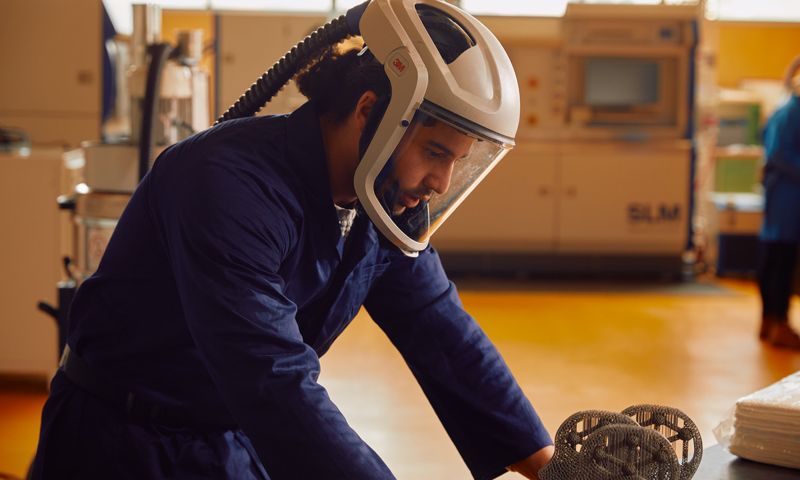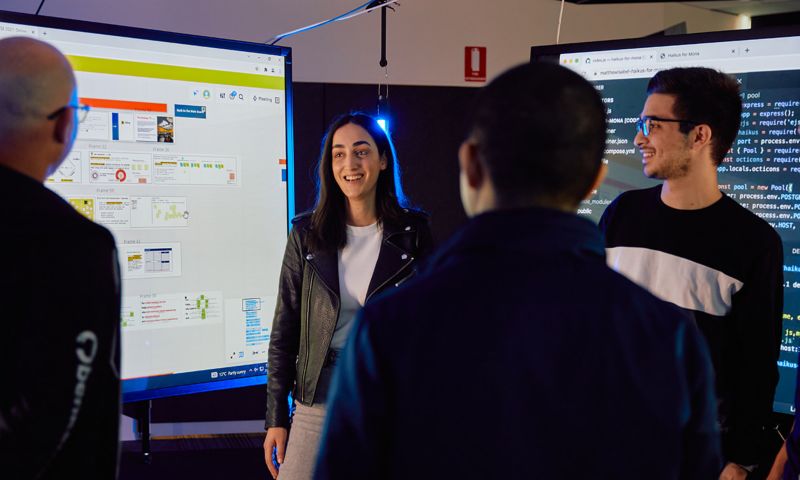As an example of a soft skill, critical thinking involves solving problems and making informed decisions by reviewing all the available information.
Having examples of critical thinking in your CV shows that you can be self-aware and intuitive. These are important traits for employers often looking for those who have dealt with complex situations.
Build the analytical thinking and planning skills to provide IT solutions
Gain résumé-worthy examples of critical thinking by specialising in analytics, cyber security, data science, business IT, and artificial intelligence at RMIT.
RMIT’s IT courses allow you to tailor your study and gain the analytical skills central to your future career. An info tech course that teaches you critical thinking skills also opens a doorway to the increasingly in-demand tech sector. According to Hon Ed Husic, Australian Minister for Industry and Science there will be 1.2 million technology-related jobs in Australia by 20306.





